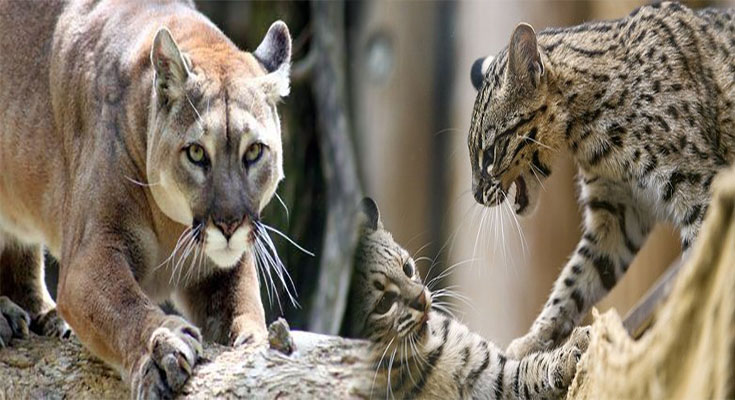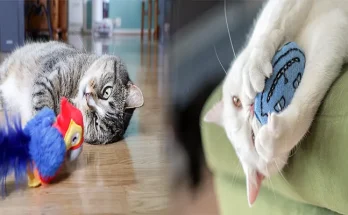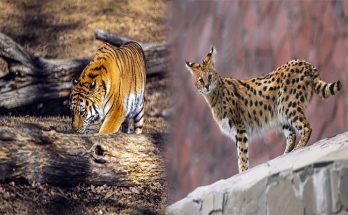Ensuring the health and well-being of exotic big cats kept as pets is of utmost importance for their longevity and quality of life. One key aspect of their care revolves around meeting their specific dietary needs. In this article, we will delve into the health considerations and dietary requirements essential for the proper care of exotic big cats in a captive environment.
Health Considerations for Exotic Big Cats
Veterinary Care
Regular veterinary check-ups and preventive care are crucial for monitoring the overall health of exotic big cats. Skilled veterinarians with expertise in treating exotic species should be consulted to provide thorough health assessments, preventive treatments, and timely medical interventions when necessary.
Behavioral and Environmental Stress
Exotic big cats may experience stress or behavioral issues due to confinement, lack of mental stimulation, or inappropriate interactions with humans. It is vital to create an environment that minimizes stress, provides mental and physical stimulation, and encourages natural behavioral expressions.
Exercise and Enrichment
Physical exercise and mental enrichment are vital for the health and well-being of exotic big cats. Enclosures should be designed to encourage natural behaviors, such as climbing, running, and hunting. Additionally, providing toys, puzzles, and interactive activities can help stimulate their minds and prevent boredom.
Dietary Needs of Exotic Big Cats
Species-Specific Diets
Different species of big cats have distinct dietary requirements based on their natural prey preferences and digestive systems. For example:
- Lions: Their diet primarily consists of large herbivores such as zebras and wildebeests.
- Tigers: Tigers are carnivorous and require a diet high in protein, typically consisting of various large and small prey animals.
- Leopards: Leopards have a varied diet and may consume small mammals, birds, and reptiles.
Nutritional Balance
The diet of exotic big cats should be carefully balanced to provide essential nutrients such as protein, fats, vitamins, and minerals. Calcium, taurine, and other specific nutrients play a crucial role in their overall health and should be included in their diet.
Feeding Practices
Feeding practices should align with the natural feeding behaviors of big cats. Providing whole prey items, bones, and carcasses can offer mental and physical stimulation while allowing the cats to express natural hunting and feeding behaviors.
Hydration
Ensuring access to clean water is essential for the health of exotic big cats. Fresh water sources should be readily available within their enclosures to support proper hydration.
Maintaining the health and dietary needs of exotic big cats as pets requires careful attention to their physical and mental well-being. By integrating proper veterinary care, stress management, and species-specific dietary considerations into their care routines, owners can promote the overall health and vitality of these magnificent creatures. Ultimately, a well-rounded approach to addressing their health and dietary needs contributes to their longevity, happiness, and the ethical stewardship of exotic big cats in captivity.





